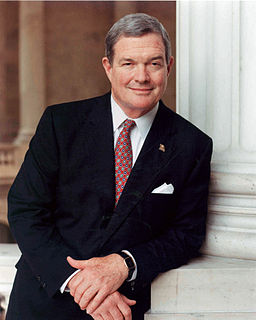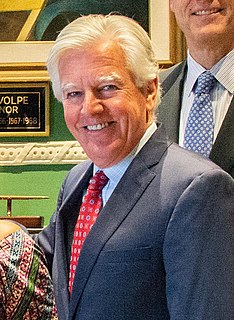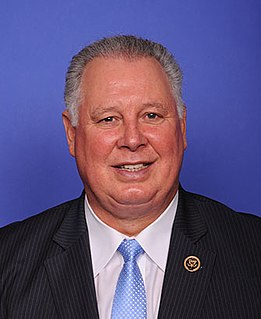A Quote by Martin Schulz
When we were negotiating the ongoing financial period in 2013, I talked myself hoarse. London and Berlin in particular insisted on reducing the budget. So we - to the applause of German journalists - made cuts to central future-oriented areas and slashed the budget for development aid, research and technology.
Related Quotes
Uganda's budget is 40 percent aid-dependent. Ghana's budget is 50 percent aid-dependent. Even if you cancel the debt, you don't eliminate that aid dependency. This is what I mean by getting to the fundamental root causes of the problem. Government, the state sectors in many African countries need to be slashed so that, you know, you put a greater deal of reliance on the private sector. The private sector is the engine of growth. Africa's economy needs to grow but they're not growing.
When you raise the budget, you make creative compromises. The higher the budget goes, the more cuts in your movie happen. When people talk about how movies are watered down, that's a direct reflection of money and budget. The less money you spend; the more risks you can take. That doesn't mean it will be successful, but at least you can try different stuff. The higher your budget is, the less you can do that.
Besides the devastating impact that the Ryan budget has directly on individuals, it does nothing to support job creation or our global competitiveness. Investments in both are drastically affected through cuts in funding for transportation and infrastructure projects, as well as funding for research and development.
When it comes to the budget, we know that we shouldn't be cutting more on core investments, like education, that are going to help us grow in the future. And we've already seen the deficit cut in half. It's going down faster than any time in the last 60 years. So why would we make more cuts in education, more cuts in basic research? Nobody thinks that's a good idea.
We certainly would resolve the problems of the charities that are working in areas where they can do the most good. So if you consider that the U.S. foreign aid budget is 30 billion, yes, we could make a major contribution to reducing global poverty, start to deal much better with some of the other big environmental problems that the world faces. So I think we could solve a lot of problems.































